Collective Molecular Activities of the Plant: Anthoceros Punctatus
Overview of Ingredients
36 All known Ingredients in Total
Unique ingredients have been isolated from this plant.Plant-Ingredients Associations were manually curated from publications or collected from other databases.
36 Ingredients with Acceptable Bioavailablity
Unique ingredients exhibit acceptable human oral bioavailablity, according to the criteria of SwissADME [PMID: 28256516] and HobPre [PMID: 34991690]. The criteria details:SwissADME: six descriptors are used by SwissADME to evaluate the oral bioavailability of a natural product:
☑ LIPO(Lipophility): -0.7 < XLOGP3 < +5.0
☑ SIZE: 150g/mol < MW < 500g/mol
☑ POLAR(Polarity): 20Ų < TPSA < 130Ų
☑ INSOLU(Insolubility): -6 < Log S (ESOL) < 0
☑ INSATU(Insaturation): 0.25 < Fraction Csp3 < 1
☑ FLEX(Flexibility): 0 < Num. rotatable bonds < 9
If 6 descriptors of a natural plant satisfy the above rules, it will be labeled high HOB.
HobPre: A natural plant ingredient with HobPre score >0.5 is labeled high human oral availability (HOB)
8 Ingredients with experimental-derived Activity
Unique ingredients have activity data available.Ingredient Structrual Cards
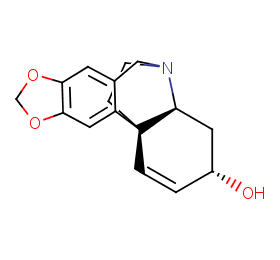
Ingredient ID: NPC97072
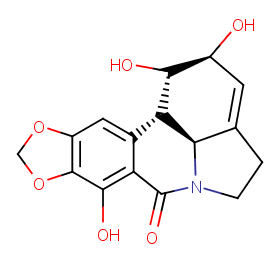
Ingredient ID: NPC96963
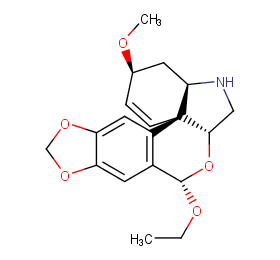
Ingredient ID: NPC86415
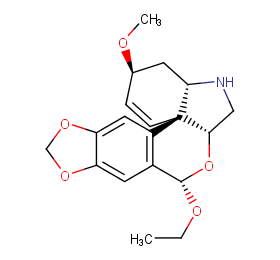
Ingredient ID: NPC77014
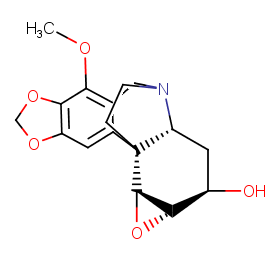
Ingredient ID: NPC71468
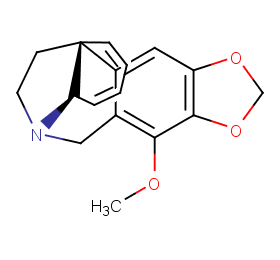
Ingredient ID: NPC70300
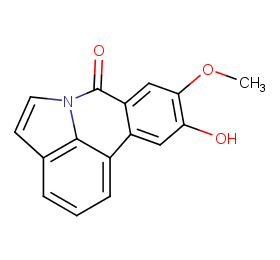
Ingredient ID: NPC6362
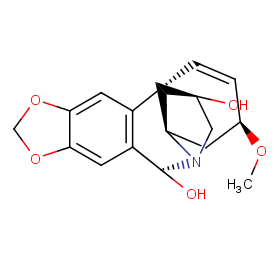
Ingredient ID: NPC50811
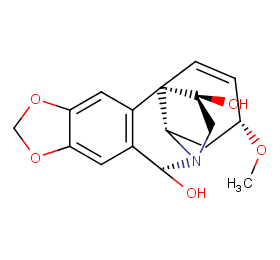
Ingredient ID: NPC47832
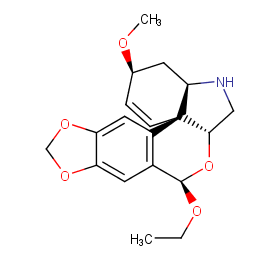
Ingredient ID: NPC45680
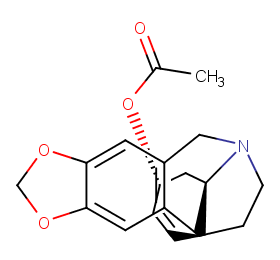
Ingredient ID: NPC310782
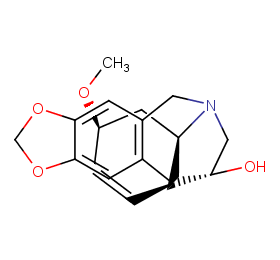
Ingredient ID: NPC296765
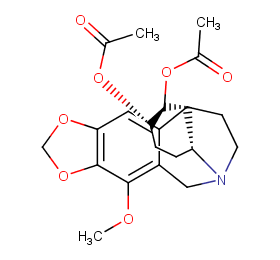
Ingredient ID: NPC28727
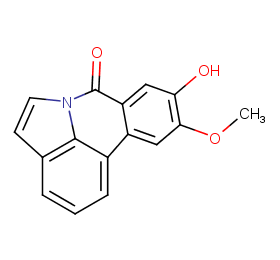
Ingredient ID: NPC28624
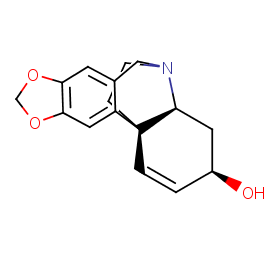
Ingredient ID: NPC282549
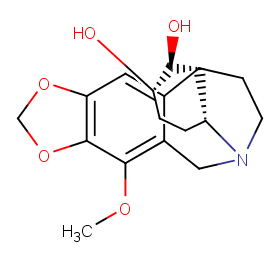
Ingredient ID: NPC264299
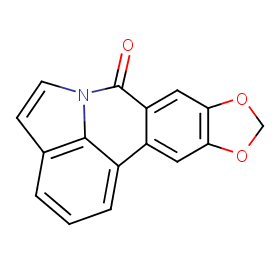
Ingredient ID: NPC253675
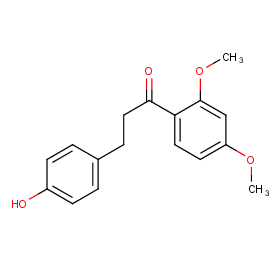
Ingredient ID: NPC252349
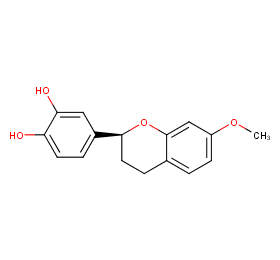
Ingredient ID: NPC23760
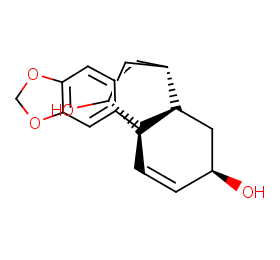
Ingredient ID: NPC235209
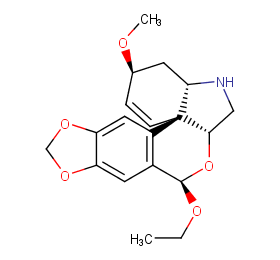
Ingredient ID: NPC228817
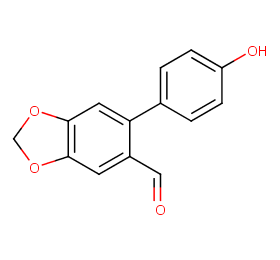
Ingredient ID: NPC221603
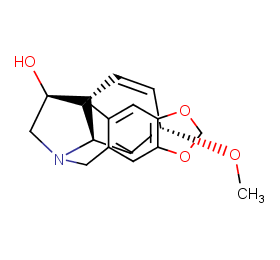
Ingredient ID: NPC218029
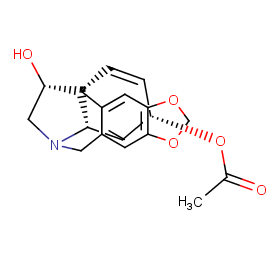
Ingredient ID: NPC210138
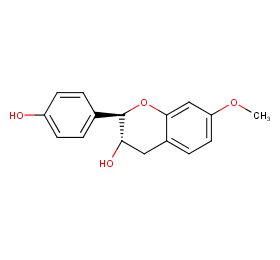
Ingredient ID: NPC205223
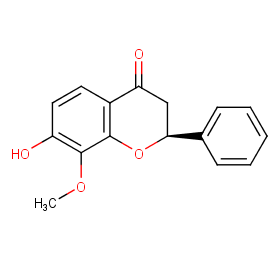
Ingredient ID: NPC204736
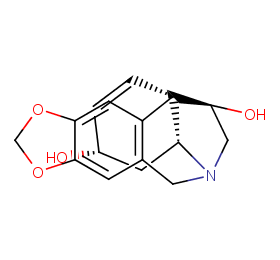
Ingredient ID: NPC200381
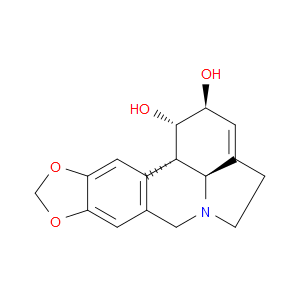
Ingredient ID: NPC181653
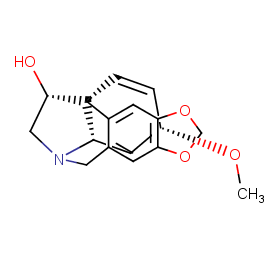
Ingredient ID: NPC158148
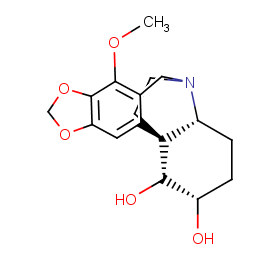
Ingredient ID: NPC14921
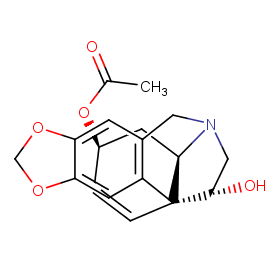
Ingredient ID: NPC147869
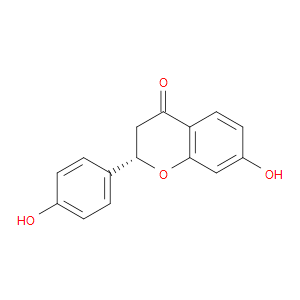
Ingredient ID: NPC147686
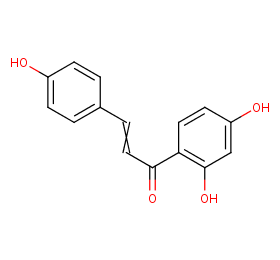
Ingredient ID: NPC143427
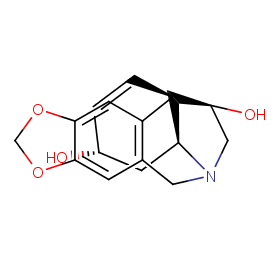
Ingredient ID: NPC121441
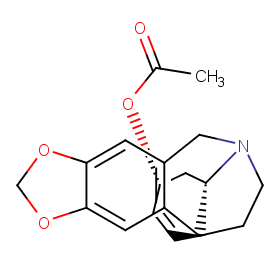
Ingredient ID: NPC119316
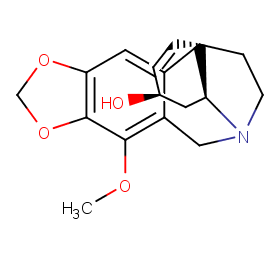
Ingredient ID: NPC1043
Classification of Human Proteins Collectively Targeted by the Plant
Clinical trials associated with plant from natural product (NP) & plant level:
| Clinical trials type | Number of clinical trials |
|---|
| NCT ID | Title | Condition | Form in clinical use | Associated by plant or compound |
|---|
❱❱❱ Associated Human Diseases and Detailed Association Evidence
How do we define the Plant-Targeted Human Disease Association?
Associated human diseases of an individual plant are summurized based on FOUR types of association evidence, these include:
❶ Association by Therapeutic Target: Bioactive protein targets of the plant were defined in "Molecular Targets" section, target-disease associations collected from TTD database were subsequently used to build the associations between the plant and its targeted human diseases.
❷ Association by Disease Gene Reversion: Plant and a specific disease will be associated when >= 1 plant target gene overlaped with disease's DEGs.
❸ Association by Clinical Trials of Plant: Plant and a specific disease will be associated when >= 1 clinical trial (the plant is the intervetion) can be matched in ClinicalTrials.gov database.
❹ Association by Clinical Trials of Plant Ingredients: Plant and a specific disease will be associated when >= 1 clinical trial (the plant ingredient is the intervetion) can be matched in ClinicalTrials.gov database.
Associated Disease of the Plant |
Association Type & Detailed Evidence |
|---|---|
Hepatocellular carcinoma of liverDisease Category: 02.NeoplasmsDisease ICD-11 Code: 2C12.02 |
CYP19A1,CYP19A1
|
Breast cancerDisease Category: 02.NeoplasmsDisease ICD-11 Code: 2C60-2C6Y |
CYP19A1
|
OesophagitisDisease Category: 13.Diseases of the digestive systemDisease ICD-11 Code: DA24 |
CYP19A1
|
EndometriosisDisease Category: 16.Diseases of the genitourinary systemDisease ICD-11 Code: GA10 |
CYP19A1
|
NeuropathyDisease Category: 08.Diseases of the nervous systemDisease ICD-11 Code: 8C0Z |
CYP19A1
|
Cushing syndromeDisease Category: 05.Endocrine, nutritional or metabolic diseasesDisease ICD-11 Code: 5A70 |
CYP19A1
|
Carcinosarcoma of uterusDisease Category: 02.NeoplasmsDisease ICD-11 Code: 2C76.43 |
CYP19A1
|
HepatoblastomaDisease Category: 02.NeoplasmsDisease ICD-11 Code: 2C12.01 |
CYP19A1
|
Adenocarcinoma of stomachDisease Category: 02.NeoplasmsDisease ICD-11 Code: 2B72.0 |
CYP19A1
|
Other specified malignant neoplasms of kidney, except renal pelvisDisease Category: 02.NeoplasmsDisease ICD-11 Code: 2C90.Y |
CYP19A1
|
West Nile virus infectionDisease Category: 01.Certain infectious or parasitic diseasesDisease ICD-11 Code: 1D46 |
CYP19A1
|
Chikungunya virus diseaseDisease Category: 01.Certain infectious or parasitic diseasesDisease ICD-11 Code: 1D40 |
CYP19A1
|
Glioblastoma of brainDisease Category: 02.NeoplasmsDisease ICD-11 Code: 2A00.00 |
CYP19A1
|
Malignant neoplasms of adrenal glandDisease Category: 02.NeoplasmsDisease ICD-11 Code: 2D11 |
CYP19A1
|

